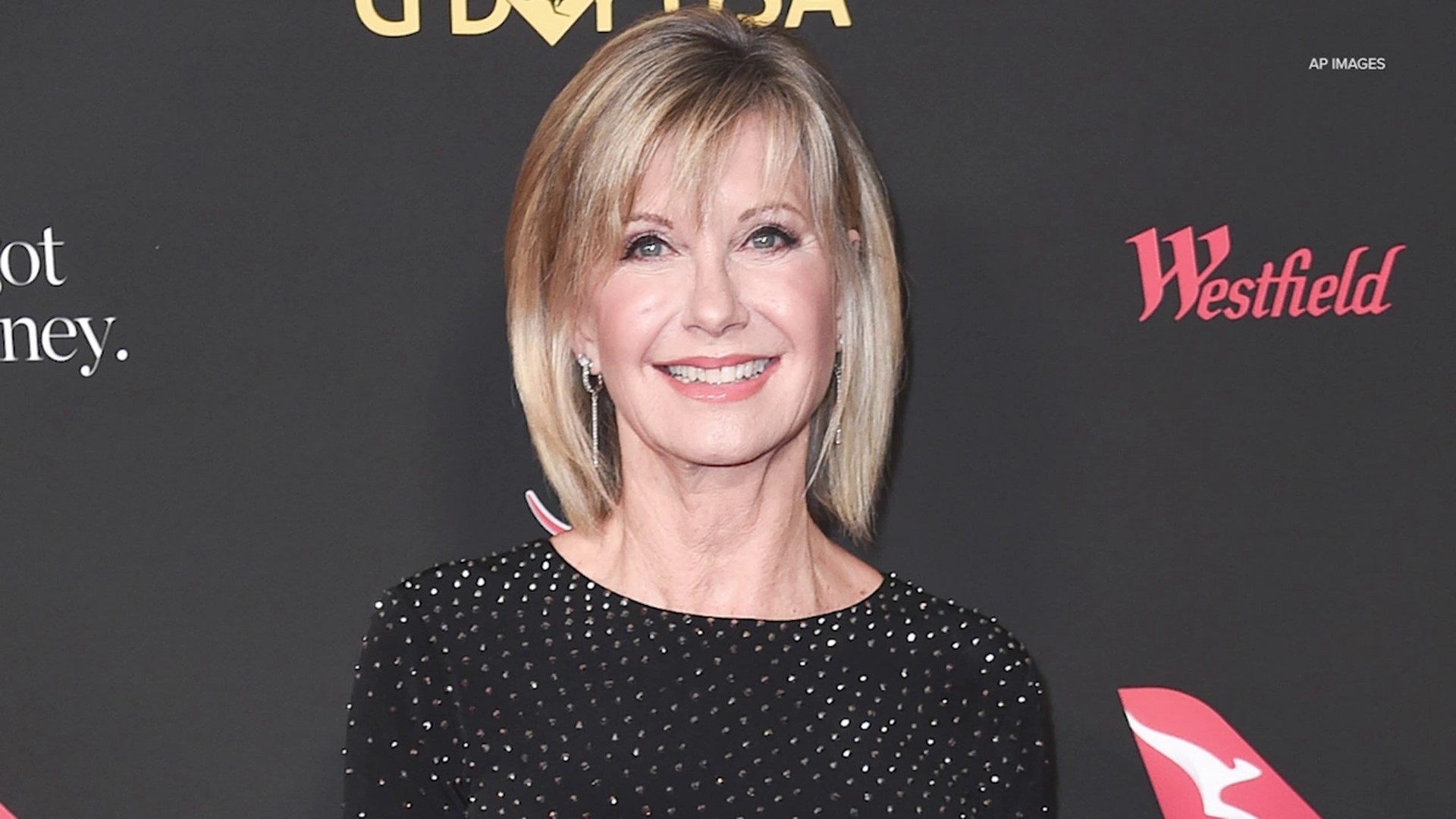HOUSTON — After a 30-year battle with breast cancer, Olivia Newton-John passed away on Aug. 8. She was 73.
Announcing her death, her husband wrote: "Olivia has been a symbol of triumphs and hope for over 30 years sharing her journey with breast cancer. Her healing inspiration and pioneering experience with plant medicine continues with the Olivia Newton-John Foundation Fund, dedicated to researching plant medicine and cancer."
KHOU 11 digital anchor Brandi Smith talked to oncologist Dr. Jessica Jones of UTHealth Houston and Memorial Hermann about advances made in the treatment of breast cancer, as well as the importance of prevention.
Watch the full interview with Dr. Jones in the above video.
BRANDI SMITH: Dr. Jones, I just want to start off by asking, what's your first reaction to hearing about the news of Olivia Newton-John's passing?
DR. JESSICA JONES: It's just a tremendous loss. I think we all feel the heartbreak of her loss as a community, to all of her fans, to everybody out there. But I think also it really speaks to the hope that we now have that breast cancer is not something that can take away our life. And if you just look at her rich, long life while she had cancer, I think you can clearly see that we have made strides and we've made changes and it's a great time to be taken care of today.
SMITH: So we talk about this 30-year battle that Olivia Newton-John waged with breast cancer, starting with a diagnosis in '92, then in 2013 and then in 2017, all in different parts of her body. What does that say to you about this disease?
DR. JONES: I think it speaks tremendously to the advances in care that we have now in 2022, as compared to what we knew back in 1992. Now, it's not clear what Olivia Newton-John's initial treatment was, although she did receive a combination of surgery, chemotherapy and radiation. But we can all anticipate that she had an aggressive form of breast cancer. Because we know that even though we do all the right things, there's going to be a subset of women where cancer may still come back. We're getting better at predicting who those women are, but to date are still not 100% certain.
SMITH: Let's talk about preventative care because it is so important to catch cancer early. What advice would you give to women who have a history of breast cancer in their family?
DR. JONES: The US Preventive Task Force recommends that women should start getting regular mammograms starting at the age of 40. Additionally, women may qualify for additional services in addition to her mammogram, such as MRI screening or even medication, if she has a family history of breast cancer or other risk factors that put her at higher risk of breast cancer.
SMITH: Was there anything else that you really want folks to know going forward? There's going to be a lot of attention and focus on breast cancer after these headlines.
DR. JONES: If there's one piece of information I want anybody from the audience to take away today, it's that prevention is cure, that we can stop breast cancer before it even starts. And if you have any questions, don't hesitate to reach out to your doctor. There are services and clinics out in the Houston area that take care of women and men just like you.

